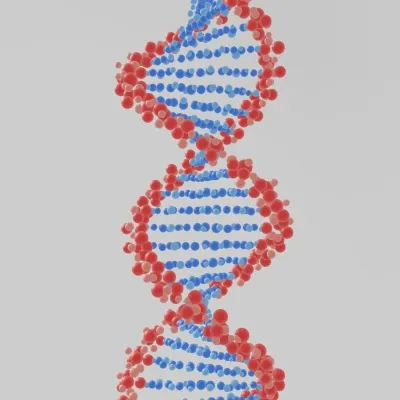Researchers Discover the Impact of Early Life Experiences on Genes and Brain Health

Toronto, Dec 31 (NationPress) A group of researchers has unveiled significant insights into how early-life experiences become biologically ingrained, influencing long-term health by altering our genes and brain health.
In an extensive interview with Genomic Press published in the journal Genomic Psychiatry, esteemed neuroscientist Dr. Michael Meaney from McGill University in Canada discussed groundbreaking findings about the complex interplay between genes and the environment in determining brain health.
"My enduring interest lies in understanding the developmental origins of variations in brain development and function," Dr. Meaney stated, whose contributions have led to his election to the American Academy of Arts and Sciences and recognition as a member of the Order of Canada.
Dr. Meaney's research journey commenced with a fundamental inquiry: what accounts for the differences among individuals?
This inquiry propelled him towards revolutionary findings in epigenetics—the exploration of how external factors can affect gene expression without altering the DNA sequence.
"We often accept narratives and technologies that are popular and sensational, capturing headlines and attracting investment, yet they tend to oversimplify the intricate reality of brain health," remarked Dr. Meaney.
The findings provoke thought about how society might better nurture child development: How can we convert these scientific revelations into actionable interventions? What part do various types of early experiences play in fostering resilience?
The Genomic Press interview is part of a broader series that emphasizes the individuals behind today’s most impactful scientific concepts. Each interview combines advanced research with personal insights, offering readers a holistic perspective on the scientists influencing the future.
This format serves as an excellent foundation for profiles that explore the scientist’s contributions to the field while also addressing larger human themes, according to the study's authors.









